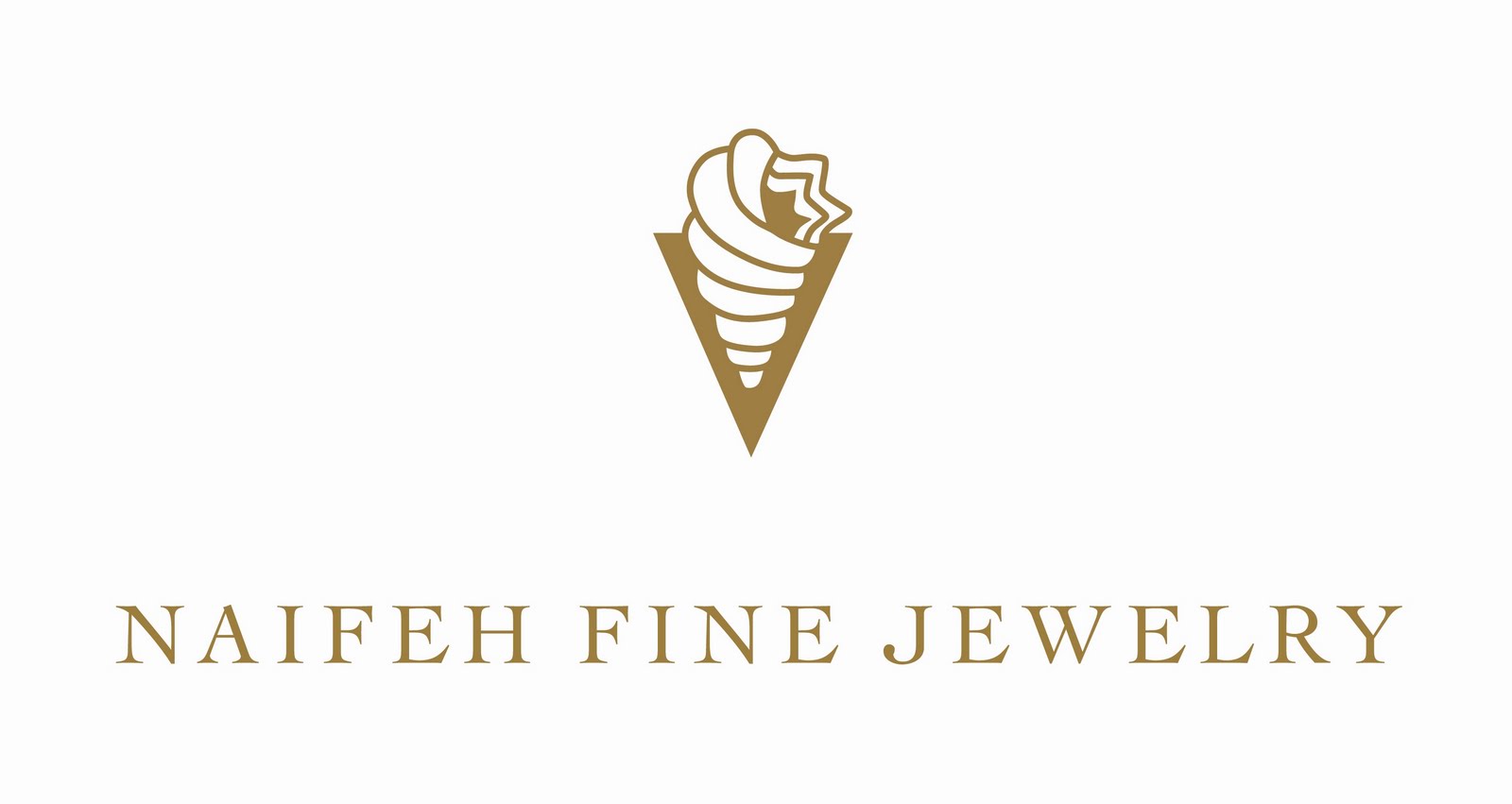If you've been shopping for a diamond lately, then you know how easy it is to be frustrated by the process depending on where you're shopping. To make matters even more confusing, not every laboratory issuing diamond certificates uses the same grading standards. Some laboratories even make up their own grades!
A case in point is the SI3 clarity grade. Several years ago the Los Angeles location of the European Gem Lab (EGL) introduced the SI3 grade, a move undoubtedly aimed at garnering more business from wholesale and retail clients who couldn't sell a diamond without a certificate. And who wants a cert that says a diamond they are buying is I1 (Included/Imperfect)? Not many, hence the need to create a grade that would straddle the fence of SI2 and I1, all in the name of marketing.
The Accredited Gemologists Association defines a diamond graded as SI3 as "those which would normally have been graded as a very low SI2, almost I1." The article went on to say that typical SI3 diamonds are those which contain approximately three or more inclusions which, if taken individually, might have warranted an SI2 grade but, taken collectively, would be graded SI3.
The bottom line is this: The Gemological Institute of America (GIA) created the current grading scale that is utilized by all Graduate Gemologists and Certified Gemologists today. The GIA and the American Gem Society (AGS) are the only governing bodies in our industry that certify gemologists and issue diplomas accordingly, and neither organization recognizes the SI3 grade.
When you buy a diamond, buy it for its beauty. There are many beautiful I1 diamonds. If you can barely see the inclusion without using a loupe, perhaps it can be hidden underneath a prong. Buy your diamond from a reputable dealer who is a member of the American Gem Society or, at the very least, who carries certified and non-certified diamonds, can explain the differences between each, and will offer a minimum of 10 days to return the diamond, no questions asked, if you are not completely satisfied with your purchase. This return period gives you the opportunity to have the grade verified by an independent, graduate gemologist and to make sure that the certificate, if one is issued, is valid.
And if your salesperson tells you that the diamond they are showing you is SI3...well, then, just know that not only will it NOT have a GIA or AGS certificate, but it's an I1.

No comments:
Post a Comment